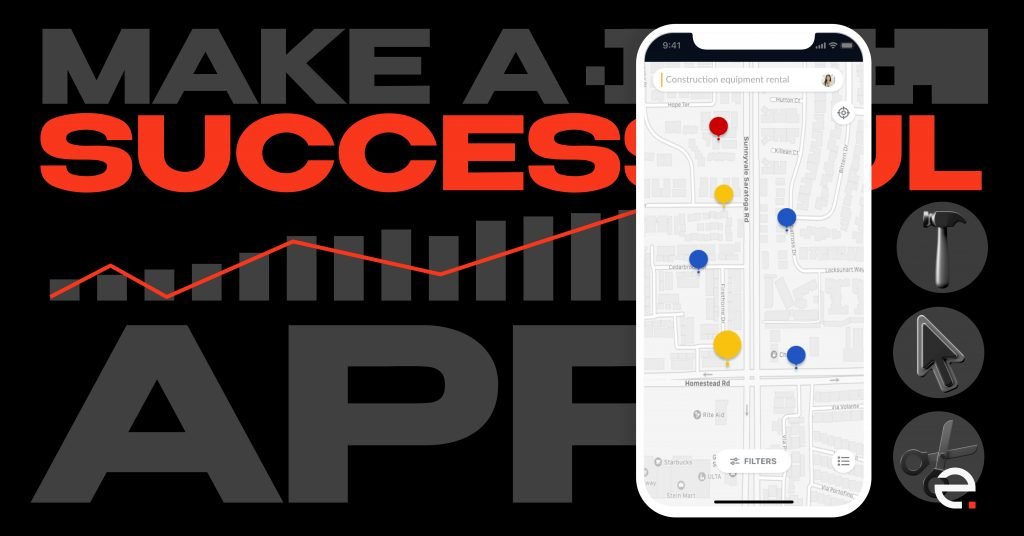More than just a novel idea is needed to create a successful product in the dynamic world of mobile applications. Putting together a strong and cohesive mobile app team is essential to success. Every team member—from designers to developers, project managers to quality assurance experts—plays a critical part in realizing your vision. We’ll look at the key components of creating a productive mobile app team in this article.
Define Your Project Goals and Roles
It is imperative that you have a clear knowledge of your project goals prior to forming your team. What is your mobile application’s intended use? Who is the intended audience for you? By defining these elements, you may ascertain the skill sets needed for each role. Determine important roles like developers, project managers, UI/UX designers, QA specialists, and support staff. Clearly defined roles and responsibilities are the foundation for an effective team.
Look for a Variety of Skills
A successful mobile app team is made up of members with a variety of backgrounds and abilities. It is imperative to have QA professionals with an attention to detail, designers who possess a strong grasp of user experience, and developers proficient in many programming languages. A varied team encourages creativity and innovation by bringing a range of viewpoints to the table.
Encourage Clear and Effective Communication
A successful team’s foundation is its ability to communicate effectively. Provide unambiguous channels and resources for communication to guarantee smooth team member interactions. To ensure that everyone is in agreement, regular meetings, status reports, and project management tools might be helpful. To improve team dynamics, promote candid feedback, open communication, and cooperation.

Promote a Collaborative Environment
A mobile app team needs a collaborative atmosphere to succeed. Create an atmosphere where team members are at ease exchanging ideas and working together to find answers. Cross-functional cooperation, brainstorming meetings, and team-building exercises can all support a supportive and effective workplace culture.
Give User-Centric Design Top Priority
A mobile app’s user experience is crucial to its success. Make sure the talented UI/UX designers on your team value user-centric design ideas. Compile comments, perform user research, and refine designs to produce an app that is visually appealing and offers a seamless, fulfilling user experience.
Emphasize Quality Assurance
Ensuring quality is crucial in the cutthroat world of mobile applications. Include experienced QA specialists in your team to conduct thorough testing at every stage of development. Automated testing tools, beta testing, and continuous feedback loops are essential to identify and address bugs, ensuring a polished and reliable final product.
Stay Agile and Adaptable
The demands of users and the state of technology are driving ongoing change in the mobile app market. Create a team that is flexible and agile so that it can react quickly to changes. Adopt agile development approaches, like Scrum or Kanban, to promote iterative development, rapid change adaptability, and effective project completion.
Conclusion
Creating a successful mobile app team is a complex process that calls for meticulous preparation, astute judgment, and a dedication to quality. You can lay the groundwork for a team that not only meets but beyond expectations by clearly defining project goals, assembling a diverse team, fostering good communication, promoting collaboration, giving user-centric design first priority, stressing quality assurance, and being nimble. Recall that having a solid team is what will propel your mobile app concept into a successful reality.


